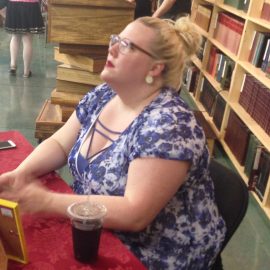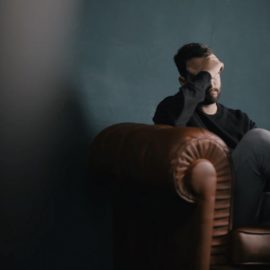
Have you ever faced the deepest depths of grief, where the world suddenly stops making sense? What happens when cancer takes away the person you love most, leaving you in a void of unbearable pain?
In her book Bittersweet, Lotte Bowser reveals the devastating reality of grief and cancer’s cruel impact on her life after losing Ben. She guides readers through the landscape of profound loss, showing how sorrow can fracture one’s sense of completeness while testing the limits of human resilience.
Join Bowser on this raw journey through grief’s darkest corridors.
Deep Anguish and Pain
Bowser expresses the profound sorrow she experienced dealing with grief and cancer’s impact, grappling with a mix of shock and a profound void following the passing of Ben. Understanding the world is now an obsolete concept. His disappearance resonates deeply, leaving her utterly lost and shattered. The author openly depicts her grief as an overwhelming power that fractures her feeling of completeness and tests her capacity for resilience.
Profound Distress and Despondency
Bowser delves into her profound sadness, depicting her distress as all-encompassing and influencing her entire existence. Her universe crumbled, leaving her in a state of profound sorrow, due to the absence of someone she once considered irreplaceable in her life. The author expresses her inner turmoil, struggling with the immutable fact that Ben no longer exists among the living, haunted by recollections of his lifeless body, and contends with an intense sense of hopelessness while reflecting on the value of life without him.
Context
|
Comprehending Death and Dealing With Guilt
Bowser grapples with a profound sense of guilt, meticulously examining her past choices and behaviors during Ben’s illness, propelled by an intense desire to comprehend the circumstances that contributed to the tragedy. Despite their genuine attempts, her loved ones fail to comprehend the depth of her anguish throughout this distressing ordeal. Bowser confronts the common platitudes that surface in times of sorrow, underscoring that they trivialize and overlook the genuine intensity of her anguish. Attempts to diminish her grief by comparing it to other types of loss merely amplified her feelings of isolation and further entrenched her loneliness.
Context
|






